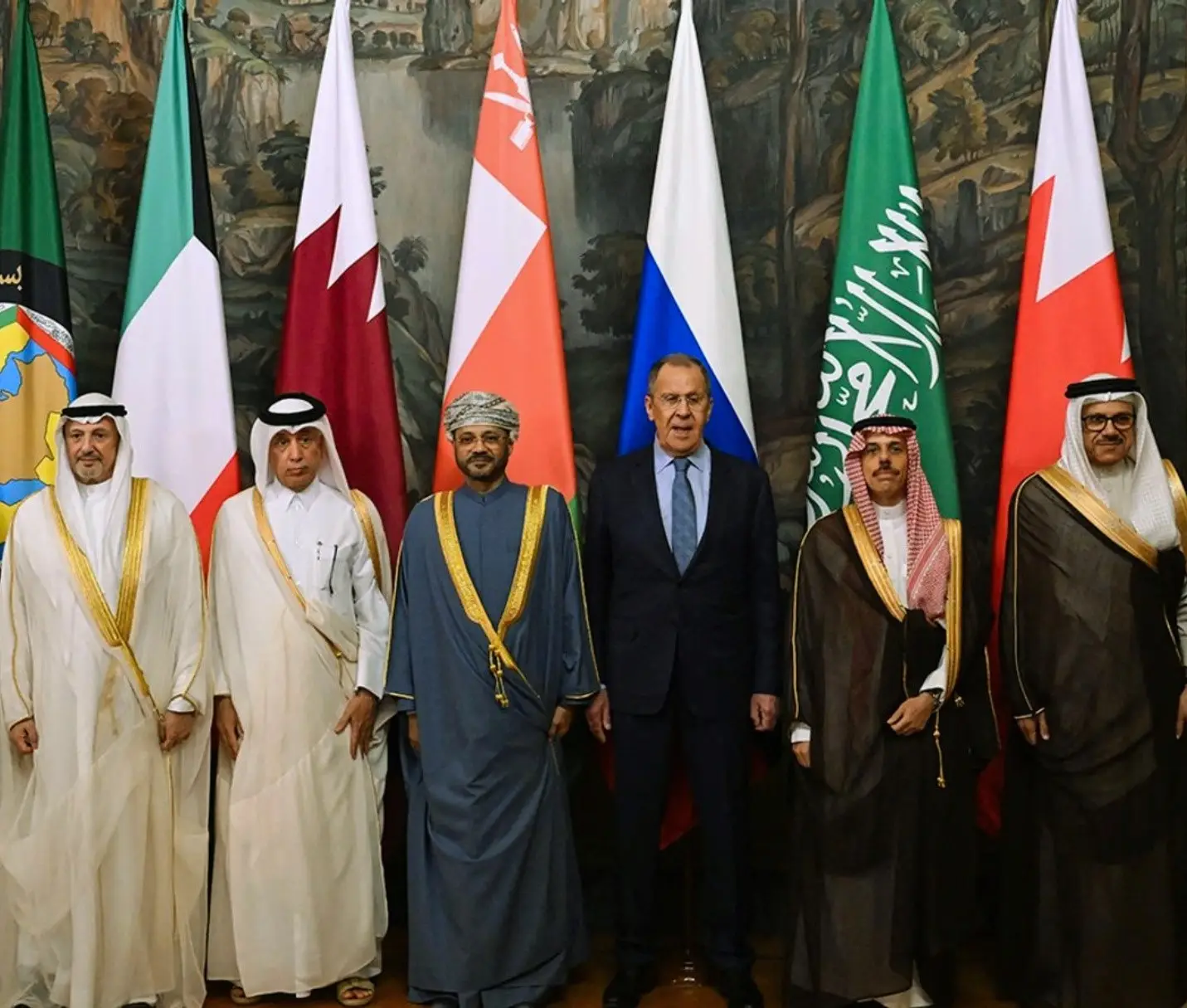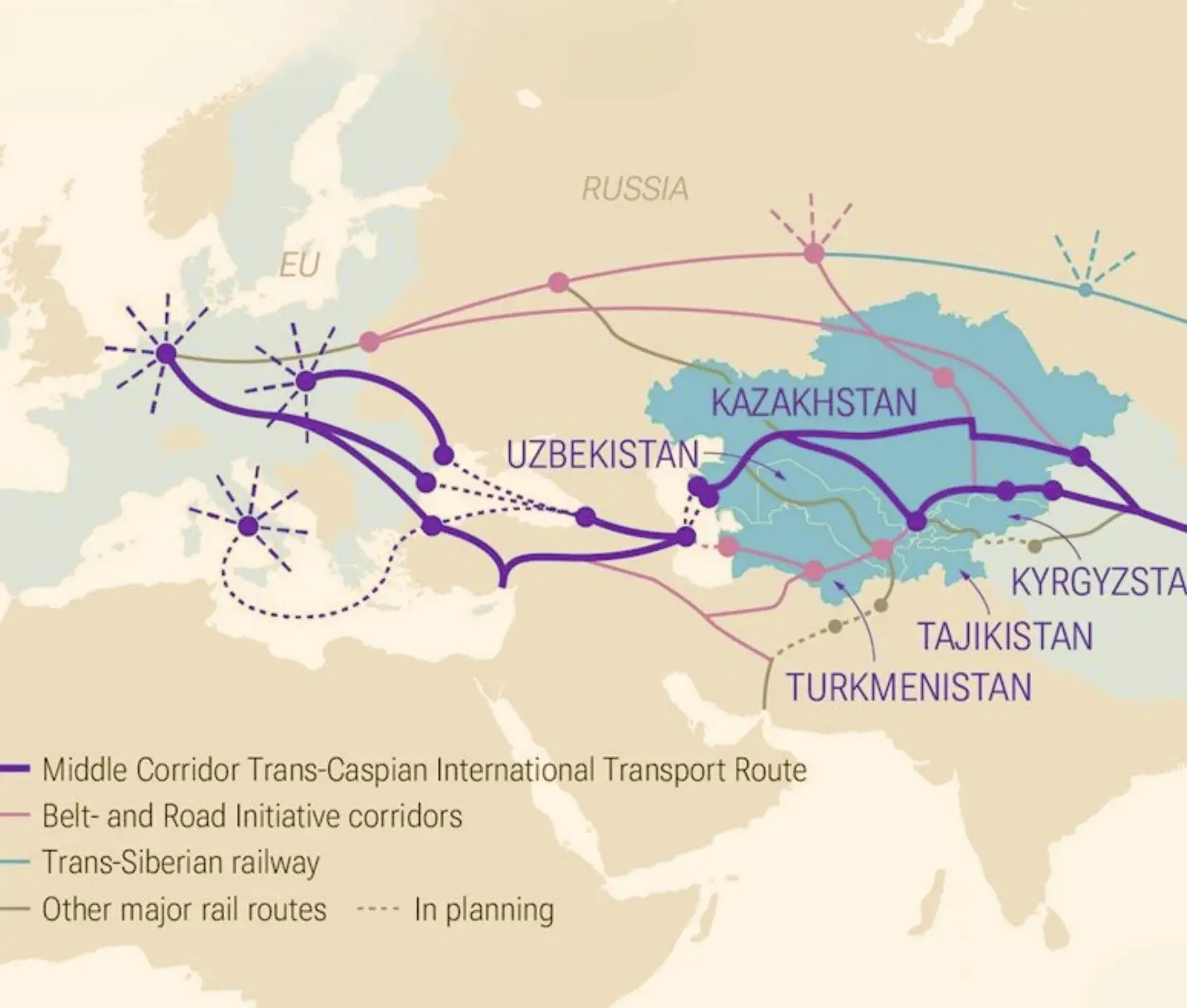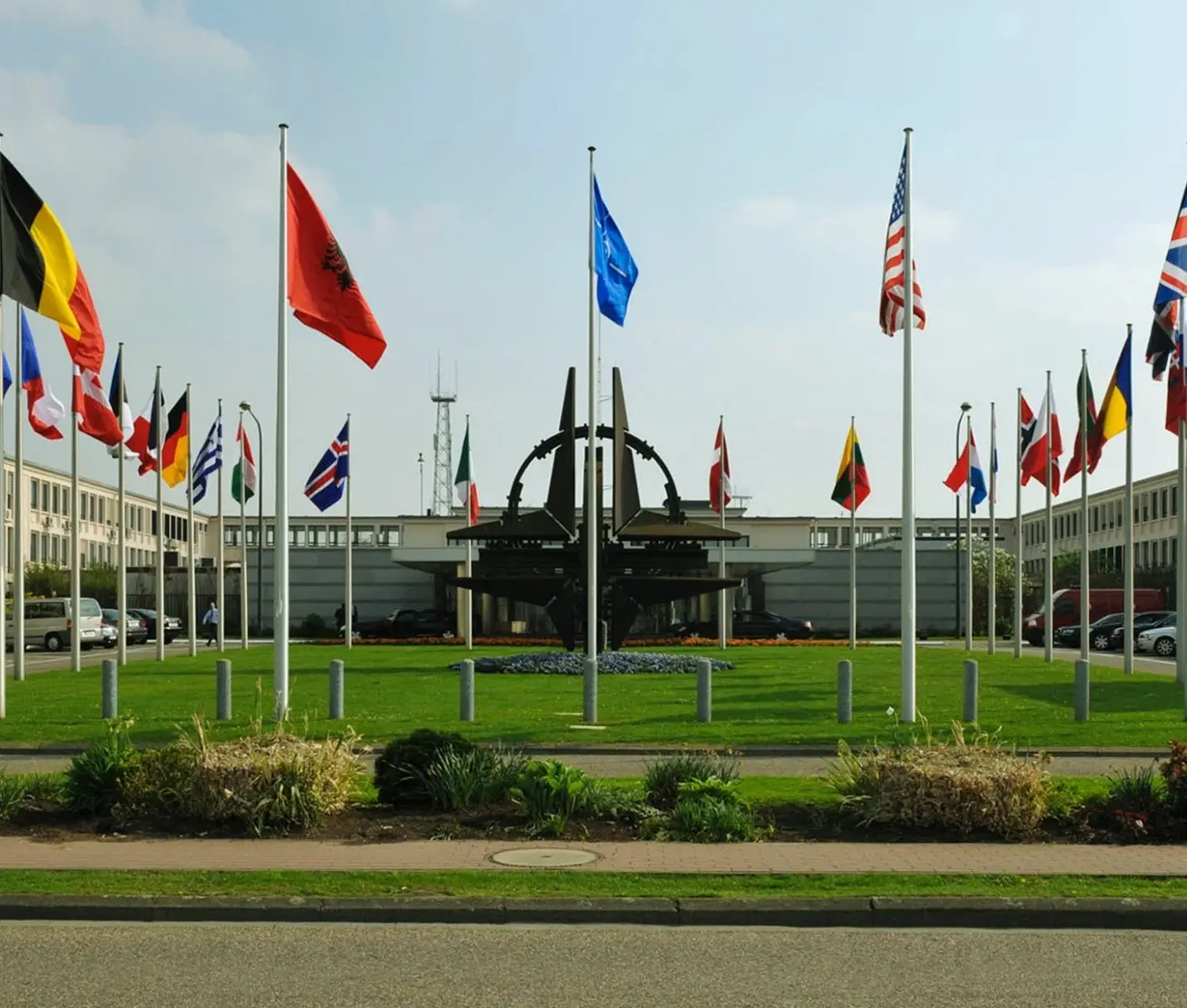Pakistan’s Parliamentary Committee on National Security convened on March 18, 2025, bringing together top civilian and military leaders to address the escalating militancy in the country. The meeting was prompted by a recent incident where the Baloch Liberation Army (BLA) hijacked a passenger train in Balochistan, resulting in the deaths of 23 soldiers, three railway employees, and five passengers.
During the session, Prime Minister Shehbaz Sharif emphasized the necessity for a unified national consensus on counter-terrorism. He advocated for the swift implementation of the National Action Plan and the Azm-e-Istahkam strategy to dismantle terrorist networks and disrupt their logistical support. Sharif also highlighted concerns about militant groups exploiting social media for propaganda and recruitment, urging the establishment of a clear framework to counter their digital presence.
Army Chief General Asim Munir underscored that no agenda or individual supersedes the nation’s security. He called for enhanced governance and questioned the prolonged sacrifices made by the armed forces due to governance gaps. Munir also appealed to religious scholars to challenge the distorted interpretations of Islam propagated by militant groups.
The committee expressed regret over the absence of some opposition members, particularly from the Pakistan Tehreek-e-Insaf (PTI) party, which boycotted the meeting due to the incarceration of its leader, former Prime Minister Imran Khan.
Recent statistics indicate a significant surge in militant activities in Pakistan, with militancy-related deaths increasing by 45% from 748 in 2023 to 1,081 in 2024. The majority of these incidents occurred in the Balochistan and Khyber Pakhtunkhwa provinces, which accounted for over 96% of attacks and fatalities.
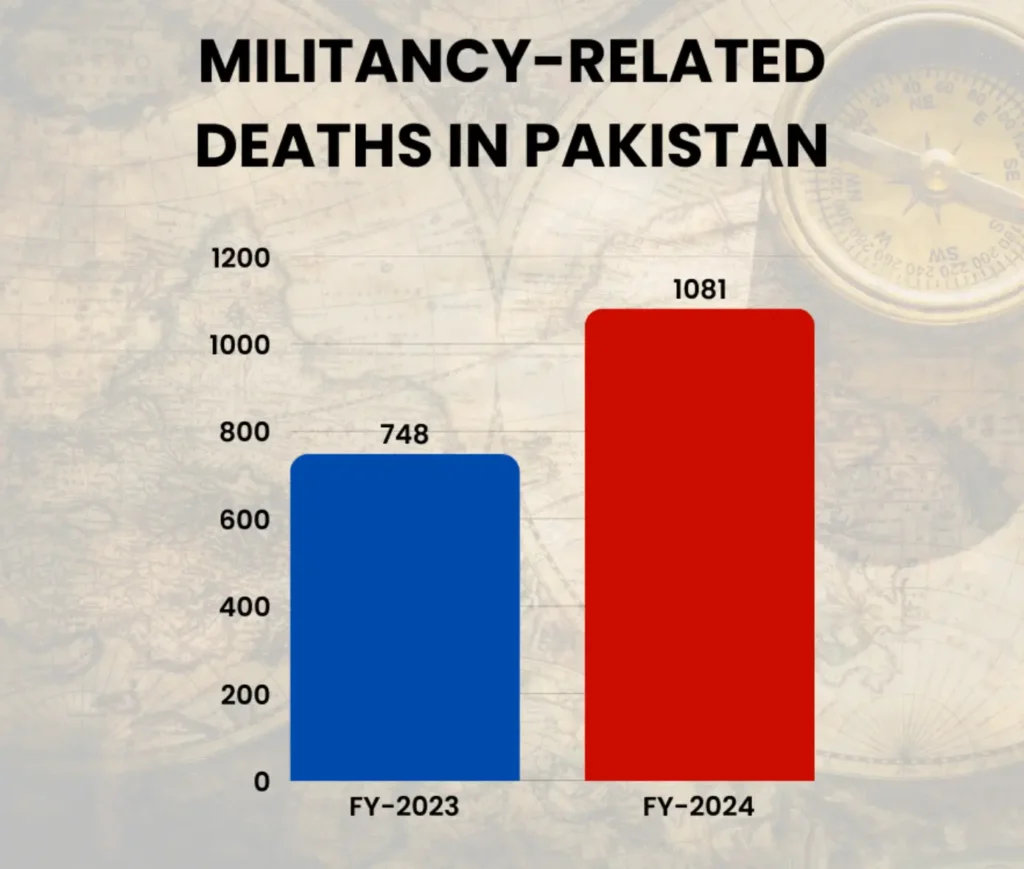
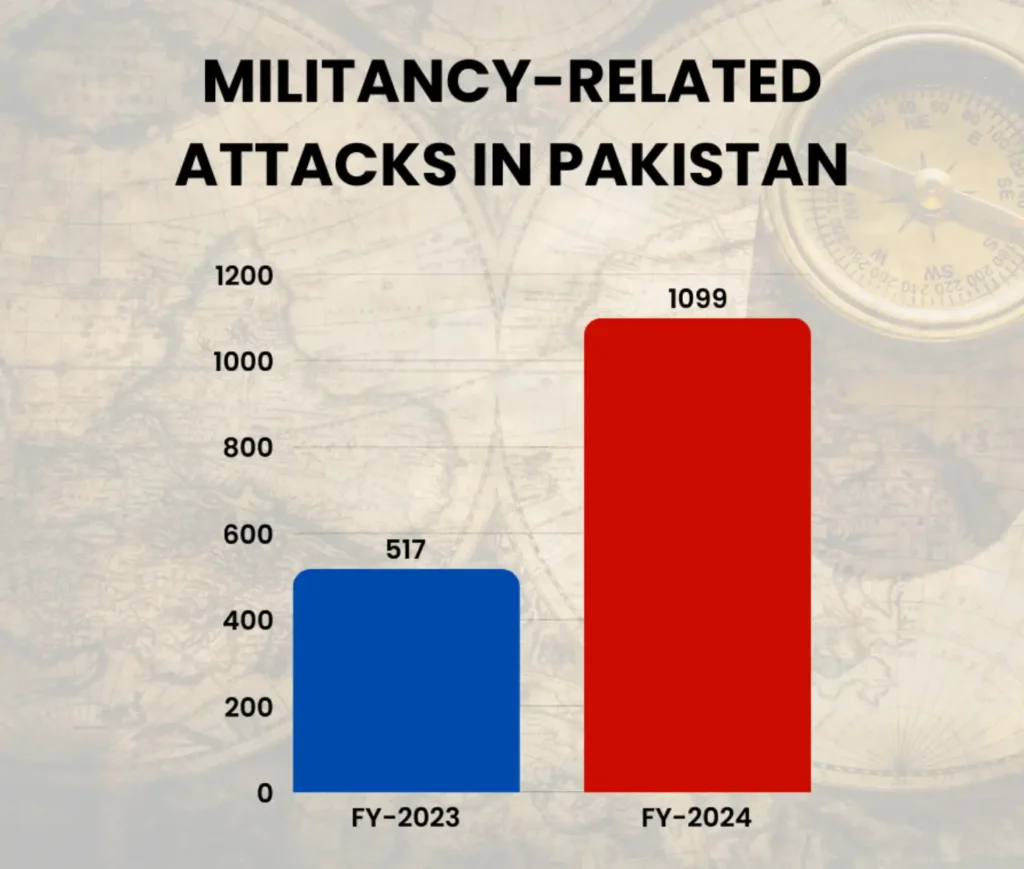
The committee’s deliberations underscore the critical need for political unity and decisive action to address the rising militancy and ensure national security.




